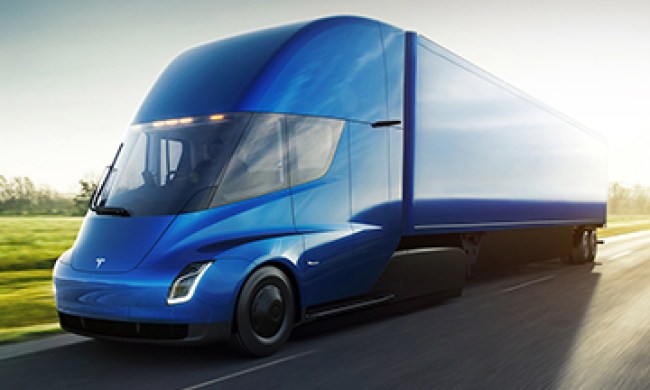The canceled electric vehicle of Dyson, known for household appliances such as vacuum cleaners and bladeless fans, would have been able to go 600 miles on a single charge.
Dyson announced its electric vehicle project in September 2017, claiming a “radically different” design with a targeted 2020 launch. Sir James Dyson, the founder of the company, said that he was investing $2.7 billion into the project, which will use solid-state batteries instead of the lithium-ion batteries used by other electric car manufacturers in order to improve range and shorten charging times.
However, after about two years, Dyson abandoned the electric vehicle project, as the company “simply cannot make it commercially viable.”
Several months after the project’s cancellation, Sir Dyson revealed what could have been in an interview with The Sunday Times.
Sir James Dyson, Britain’s richest man, spent £500m developing an electric car to rival Tesla’s. Then he scrapped it before the first prototype took to the road. He tells John Arlidge why https://t.co/mIVmVFnN6D
— Times Culture (@timesculture) May 17, 2020
Codenamed N526, Dyson’s electric SUV weighed 2.6 tons and could fit up to 7 people. Its top speed was 125 miles per hour, and it could go from zero to 60 miles per hour in 4.8 seconds.
A more impressive statistic for the scrapped vehicle was its 600-mile range in a single charge. In comparison, Tesla’s Model S is rated with a 391-mile range, while the Model X, which more closely resembles Dyson’s vehicle, is rated with a 351-mile range, according to Tesla’s website.
The feat would have been made possible through Dyson’s solid-state batteries, which would be able to endure “a freezing February night, on the naughty side of 70 mph on the motorway, with the heater on and the radio at full blast” without any decline in performance.
Sir Dyson, who also revealed that the electric SUV’s dashboard “floats in front of your face like a hologram,” confirmed that he was able to drive a prototype in a screened-off compound. However, each sale of the vehicle would have needed to make at least £150,000, or about $181,000, to break even, a figure that was too high for a company that only had experience in home appliances.
Sir Dyson, who invested £500 million, or about $605,000, of his own money in the project before walking away from it, said that he is open to working with carmakers who would be interested in Dyson’s solid-state batteries, so electric vehicles with a 600-mile range is still a possibility in the future.


